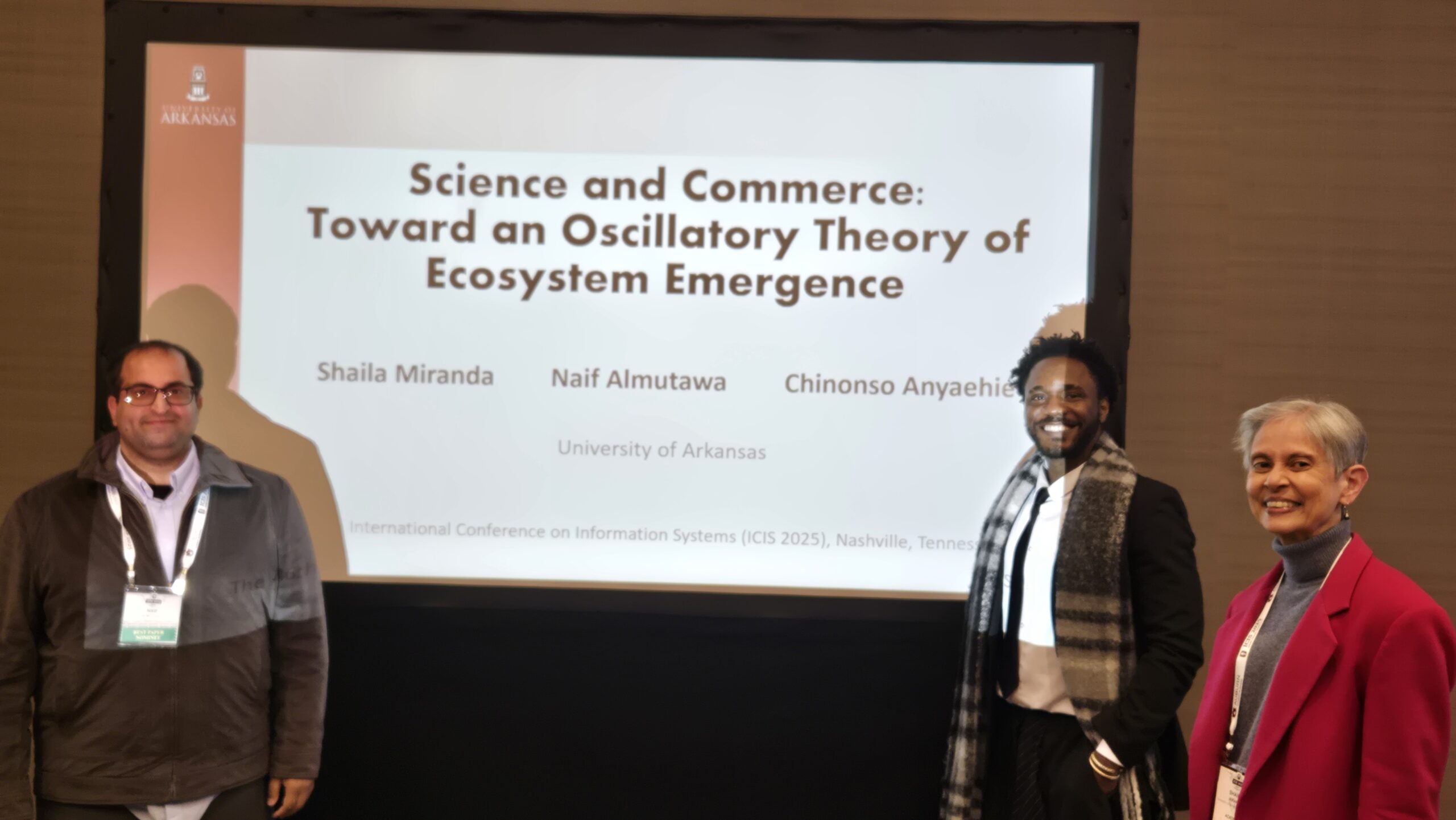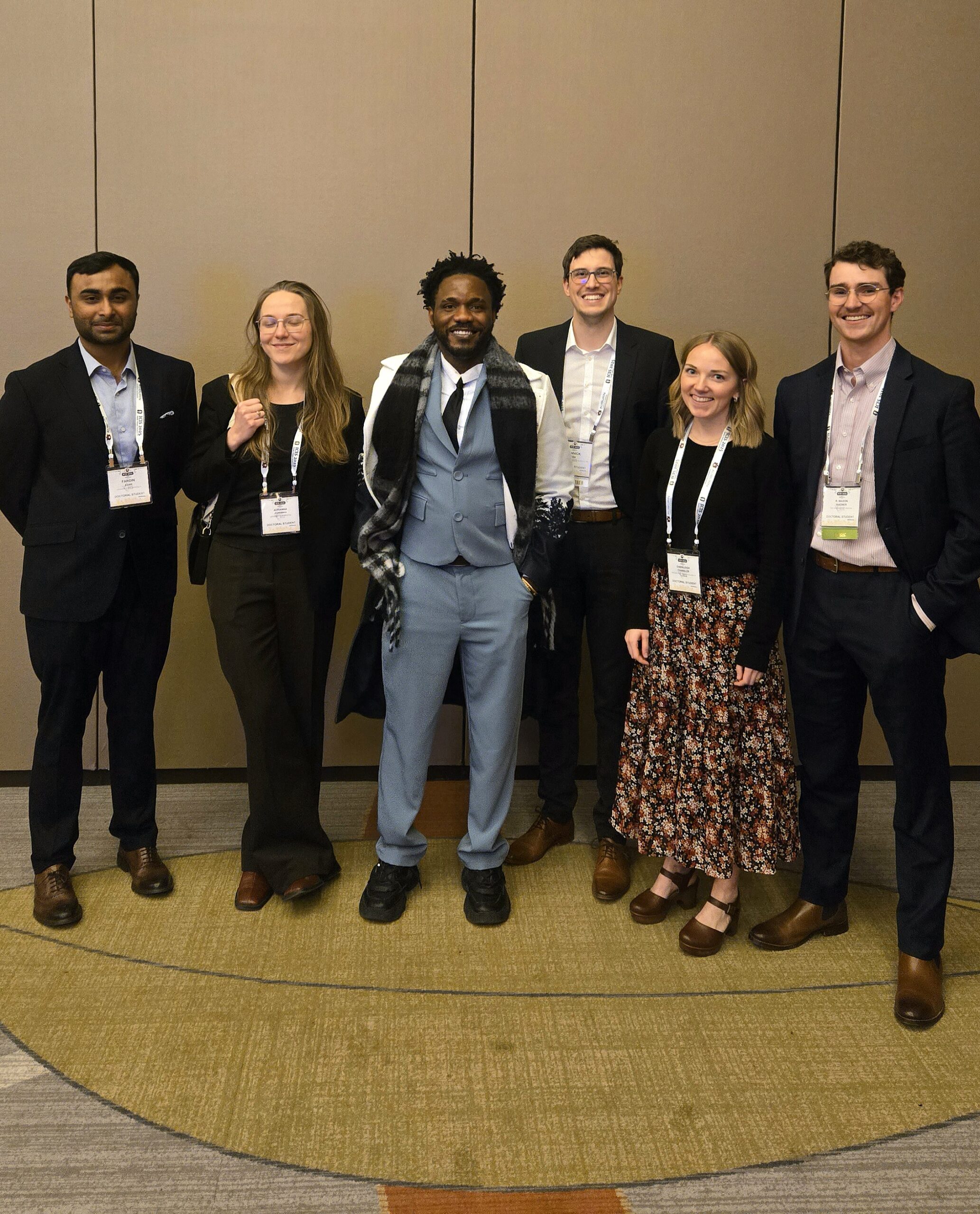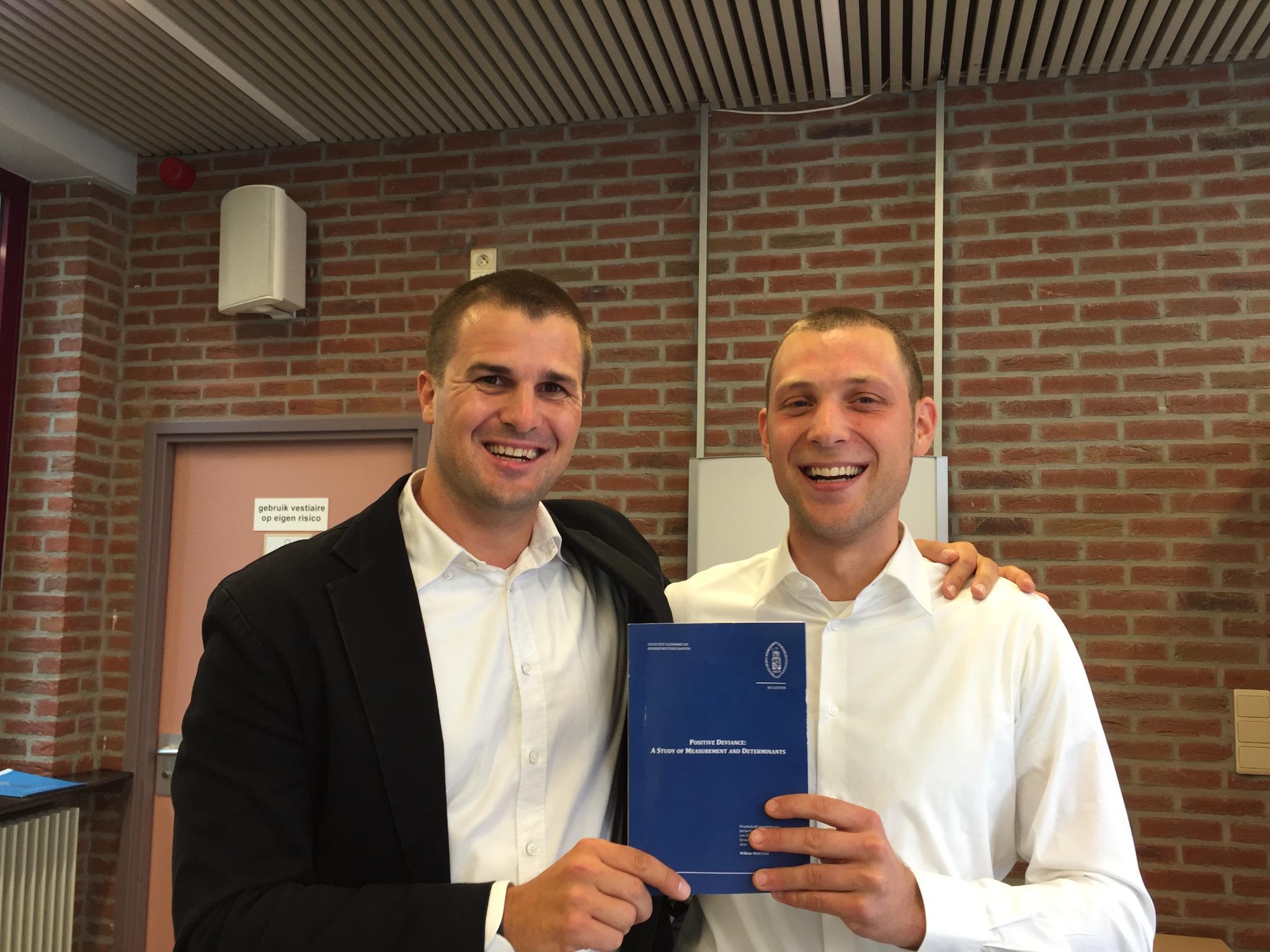This podcast episode features a conversation between two experienced Information Systems (IS) researchers, Jan Recker and Nicholas Berente, about the difficulties and strategies involved in writing and publishing conceptual papers in their field. They outline why conceptual papers often face a tougher path to publication compared to empirically-driven research and offer valuable advice for improving the chances of acceptance.
Recker’s Perspective
- Arbitrariness in Review Process: Recker argues that the review process for conceptual papers can be somewhat arbitrary. He observes that sometimes average-quality papers get published while more robust papers are rejected. This inconsistency, he suggests, stems from the subjective nature of reviewers’ opinions and the lack of a guaranteed formula for success.
- Importance of Empirical Grounding: Although conceptual papers don’t typically require formal empirical analysis, Recker strongly advocates for grounding theoretical arguments in real-world observations. This could involve engaging with practitioners, analyzing case studies, or using examples from reputable news sources like The New York Times to illustrate theoretical points.
- Value of Collaboration and Feedback: Recker underscores the benefits of collaborating with experienced researchers and seeking their feedback. Working with others can help refine ideas, avoid common pitfalls, strengthen arguments, and address blind spots. A senior researcher’s involvement can also boost a paper’s credibility.
- Genre Awareness and Exemplars: He recommends carefully considering the target journal and its audience. Different journals have varying expectations, so authors should identify the specific genre of theorizing their paper falls under (e.g., propositional, narrative, systemic) and seek out high-quality examples within that genre, particularly in the target journal.
Berente’s Perspective
- Lack of Rigor in Theorizing: Berente agrees with Recker on the arbitrariness of the review process but attributes it partially to the scarcity of theory papers, which makes mediocre ones more noticeable. He also emphasizes the lack of rigorous theoretical training in many IS doctoral programs. This often results in papers that lack clear definitions, logical coherence, and thorough engagement with relevant literature.
- Difficulty Demonstrating Originality: Without empirical data, it becomes more challenging to convince reviewers of a concept’s originality and value. This is compounded by IS research’s interdisciplinary nature, as reviewers from other fields might be unaware of prior work in IS and mistakenly perceive a paper as unoriginal.
- Importance of Engaging with Existing Conversations: Berente highlights the need to demonstrate how a conceptual paper contributes to ongoing conversations within the field. Authors should clearly articulate how their work builds upon, extends, or challenges existing ideas and perspectives.
- Strategic Engagement with Editors: He advises authors to proactively engage with editors, especially when reviewers’ comments are unclear or contradictory. He suggests seeking the editor’s opinion on specific decisions during revisions to ensure alignment and increase the likelihood of acceptance.
General Takeaway
Both researchers stress the importance and value of conceptual research in IS while acknowledging its inherent challenges. They offer practical advice for navigating the review process, emphasizing the need for rigor, clarity, and strategic engagement with editors and reviewers. Junior scholars are advised to prioritize empirical work early in their careers to meet tenure expectations but are encouraged to pursue conceptual work as their careers progress.
The podcast concludes with a call for more high-quality conceptual papers on AI in IS, suggesting that there’s still much room for theoretical development in this area.
Here are the key points raised in the podcast episode about writing and publishing conceptual papers in the IS field:
Conceptual Papers Face a Higher Bar for Publication: Both Nick and Recker agree that conceptual papers are more difficult to publish than empirical papers in IS. This is due to a few key reasons:
- Lack of Tangible Results: Since conceptual papers don’t involve collecting and analyzing data, they lack the empirical support that often sways reviewers. It’s harder to convince reviewers of the value and originality of a theory without evidence to back it up.
- Rigor and Subjectivity in Evaluation: The process of evaluating conceptual papers can be more subjective than empirical papers. Without the anchor of data, reviewers may have widely divergent opinions on the validity, originality, and significance of a conceptual argument.
- Limited Training in Conceptualization: Many IS PhD programs prioritize methods training over theoretical development, leaving scholars less equipped to craft compelling conceptual arguments.
Common Pitfalls of Conceptual Papers: The speakers identify several common weaknesses in conceptual submissions:
- Lack of Precision and Clarity: Vague or poorly defined concepts are a major red flag for reviewers. Papers that fail to provide clear definitions for key terms are unlikely to be well-received.
- Insufficient Engagement with Literature: Authors often fail to adequately situate their work within the existing body of knowledge. A strong conceptual paper must demonstrate a deep understanding of relevant literature and show how the new work extends or challenges existing ideas.
- Over-Reliance on Novelty of Topic: Simply focusing on a “hot” new topic (like blockchain or AI) is not enough. Conceptual papers need to offer more than a mere description or summary of a new technology or trend. They need to provide a new way of thinking about the phenomenon in question.
- Lack of Empirical Grounding: Even though conceptual papers are not empirical, grounding abstract concepts in real-world examples can make them more persuasive. This can involve drawing on illustrative cases, interviews with practitioners, or even examples from reputable news sources.
Strategies for Success: The speakers offer several tips for increasing the likelihood of publishing conceptual work:
- Target the Right Outlet: Carefully consider the journal’s audience and their expectations for conceptual work.
- Engage with the Editor: Proactively communicate with the editor, especially if reviewer feedback is unclear or conflicting. Seek their guidance on how to revise the paper.
- Embrace Rigor and Discipline: Define concepts clearly, engage thoroughly with the literature, and build logically sound arguments.
- Collaborate and Seek Feedback: Working with experienced researchers can significantly improve the quality of the paper.
- Ground Your Theory in Practice: Use real-world examples to illustrate your concepts and make them more tangible.
- Be Bold (But Grounded): Don’t be afraid to develop novel ideas and make predictions, but make sure your arguments are well-supported by existing theory and relevant examples.
Advice for Junior Scholars:
Both speakers suggest that junior faculty should prioritize publishing empirical papers early in their careers to establish a track record for tenure. Conceptual work can be more rewarding personally, but it also carries more risk.
The Need for More AI Theory: The conversation ends with a call for more high-quality theoretical work on AI in the IS field. They argue that the field is lacking strong theoretical frameworks for understanding the implications of AI, and they encourage scholars to address this gap.










Leave a Reply